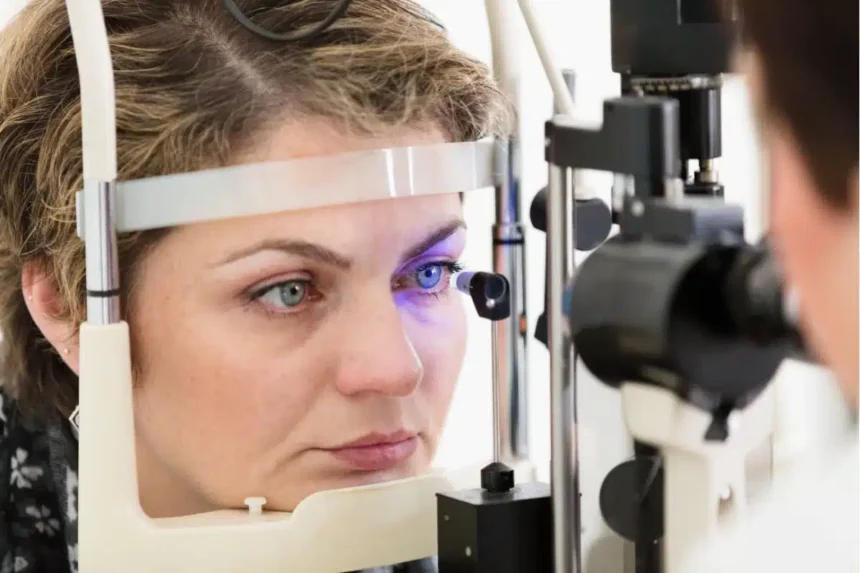Diabetes is a condition that affects the body’s ability to regulate blood glucose, commonly referred to as blood sugar. Elevated blood sugar levels can damage various parts of the body, including the eyes. This connection between diabetes and ocular health necessitates specialized attention to preserve vision. Managing diabetic eye care involves a series of proactive steps and regular professional oversight to detect and address potential issues before they advance.
What Is Diabetic Eye Care?
Diabetic eye care is a specialized area of optometry focused on preventing, diagnosing, and treating eye diseases that arise as complications of diabetes. It involves comprehensive monitoring of the eyes to identify changes caused by fluctuating or persistently high blood sugar levels. This form of care goes beyond a standard vision test for glasses.
The primary goal of eye care is to preserve vision. Eye care professionals utilize specialized diagnostic tools to examine the eye’s structure for any signs of damage. Regular monitoring enables the creation of a baseline for your eye health, making it easier to identify deviations over subsequent visits. This proactive surveillance is a key component in preventing serious vision loss associated with diabetes.
What Does It Address?
Diabetic eye care is designed to screen for and manage several specific conditions. One of the most common is diabetic retinopathy, a disease that affects the blood vessels in the retina. The condition can cause blood vessels to leak fluid. In its initial stages, it may not present any symptoms, but it can lead to vision impairment and blindness if left untreated.
This eye care also addresses the increased risk of developing cataracts and glaucoma. Cataracts, the clouding of the eye’s lens, tend to develop at an earlier age in people with diabetes. Glaucoma is a group of diseases that damage the optic nerve, often due to increased pressure inside the eye, which can also be a complication of diabetes.
How Do You Manage Eye Health?
Diabetic eye care encompasses a range of services tailored to the needs of individuals with diabetes. The cornerstone of this care is the annual comprehensive dilated eye exam. During this examination, the pupils are dilated to allow the eye specialist a clear view of the back of the eye, including the retina and optic nerve.
There are practical measures that individuals can take to help care for their eyes, in addition to professional services. Using prescription glasses or contact lenses as recommended may support clearer vision. A balanced diet can support overall eye health by providing nutrients that are beneficial for the eyes. Quitting smoking is also widely encouraged. These proactive lifestyle choices can complement the care provided by your eye health professional.
Consult an Eye Care Specialist
Maintaining a partnership with an eye care specialist is a foundational aspect of managing your health with diabetes. These professionals possess the specific knowledge and equipment to monitor for subtle changes that might otherwise go unnoticed. Beyond annual check-ups, promptly communicating any changes in your vision, such as floaters, blurriness, or dark spots, to your specialist can lead to better outcomes.





